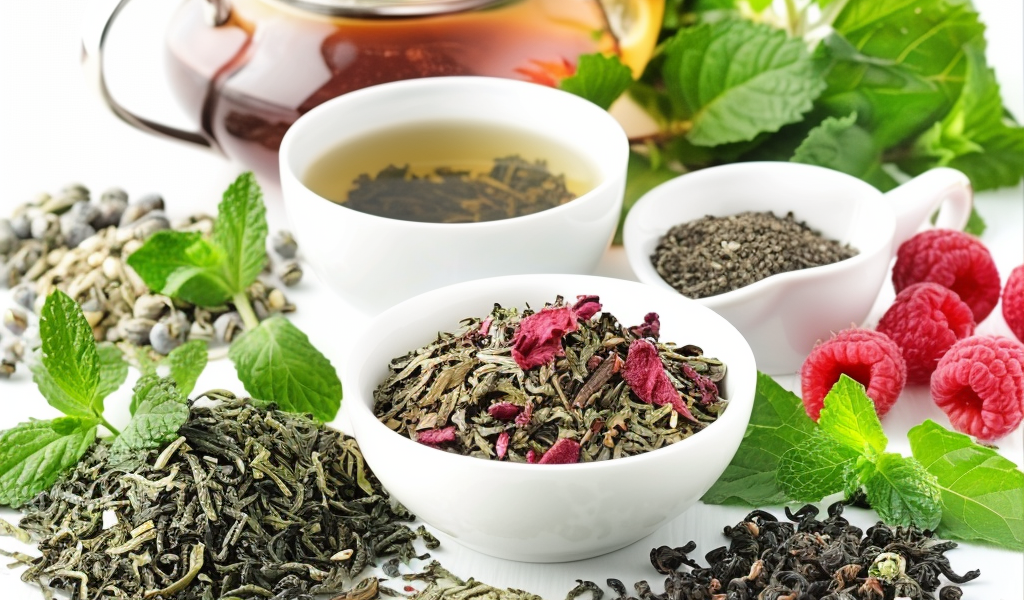New research suggests that drinking tea may have a potential role in inactivating the virus that causes COVID-19, according to a study published in Food and Environmental Virology. The study indicates that compounds found in certain types of tea could help combat the virus, particularly in the mouth.
While COVID-19 primarily enters the body through the respiratory tract, it can also enter through the mouth. Once inside, the virus can replicate in the oral glands and mucosa before spreading to other parts of the body. The study proposes that tea might halt the progression of the virus by reducing the viral load upon contact, potentially aiding in limiting its spread throughout the body and to other individuals.
True teas, derived from the Camellia sinensis plant such as green, black, oolong, and white teas, contain plant polyphenols that have anti-inflammatory properties. Previous research has suggested a potential link between tea consumption and COVID-19 prevention, but the exact implications for humans remain unclear.
Researchers at the University of Georgia conducted a study to evaluate whether various commercially available teas could rapidly inactivate the infectious SARS-CoV-2 virus in saliva. They tested 24 different teas from different brands, including both true and herbal teas. The teas were steeped in hot water at different concentrations and then incubated with the virus for assessment.
The findings revealed that black tea, when steeped at a typical concentration for consumption, exhibited the highest reduction in viral activity within 10 seconds of contact with COVID-19. Other teas like green tea, Mint Medley, eucalyptus-mint, and Raspberry Zinger also showed some degree of inactivation of the virus. At higher concentrations, all tea varieties demonstrated a decrease in virus activity within the same timeframe.
The researchers attribute the virus-fighting properties of tea to its polyphenols. They suggest that for tea to be effective in inactivating COVID-19, it would need to be consumed shortly after infection to coincide with the moment of viral exposure.
In conclusion, while tea consumption may offer potential benefits in combating COVID-19, it is important to note that it is not a substitute for vaccination or other preventive measures. The study highlights the need for further research to better understand the role of tea in virus inactivation and its implications for public health.





